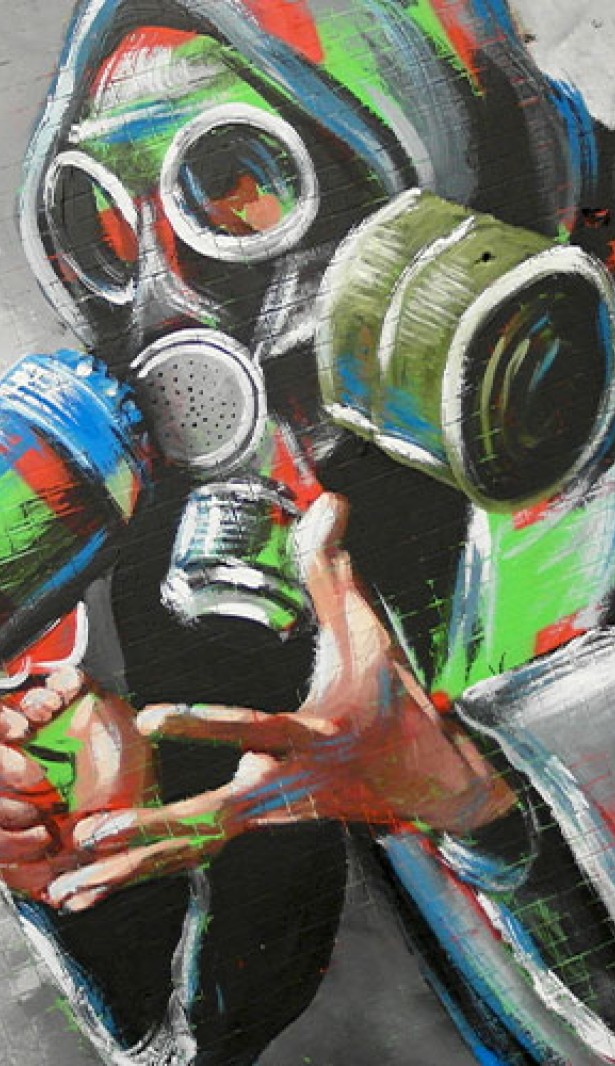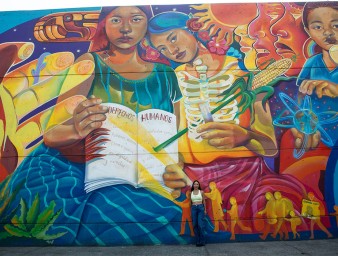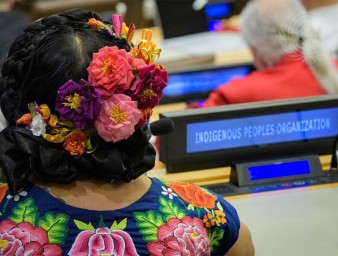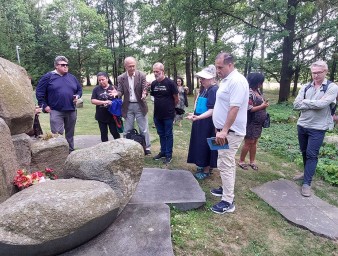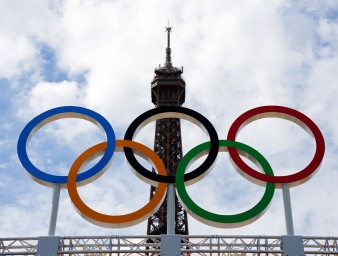Minority rights and the power of art and protest amidst the pandemic
09 March 2021
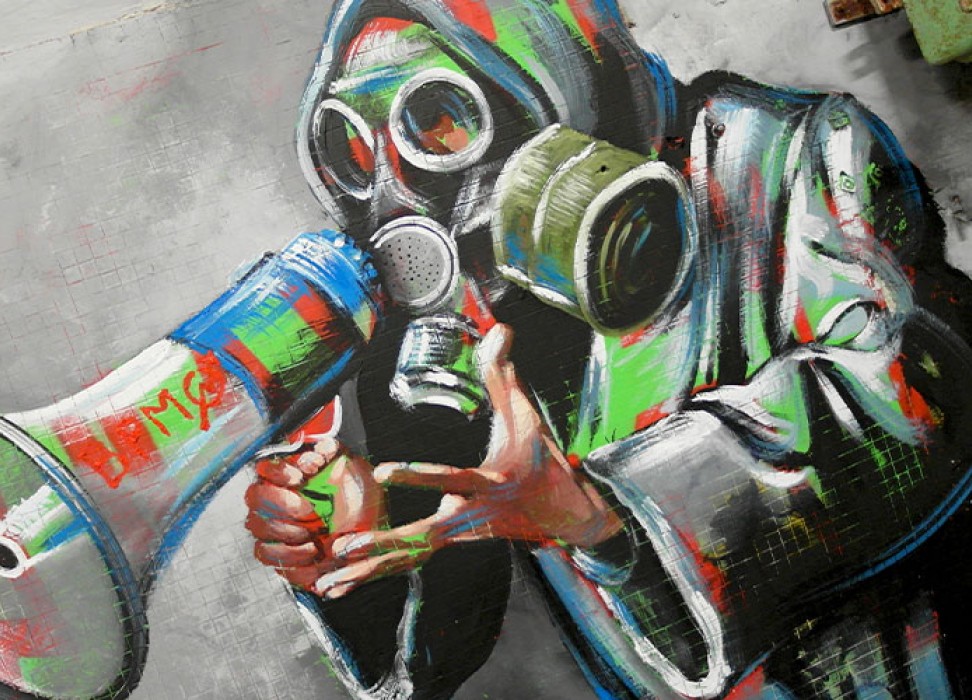
Minorities have been disproportionately negatively impacted by the COVID-19 pandemic, and art and protest have been seminal to their fight for human rights. However, at the same time, their artistic freedom and cultural rights have been placed at severe risk.
"Art isn't just about reacting to the times," said Derrick Washington, Senior Minority Rights Fellow at UN Human Rights. "It's also about re-imagining new futures."
Washington was speaking at a recent event focusing on how art and protest have been critical to expression among diverse groups of minorities in the United States of America during the COVID-19 pandemic.
As the pandemic enters its second year, its consequences continue to have a widespread impact on human rights, particularly among minorities. One of its less visible impacts is how cultural rights and artistic freedom of expression have been put at acute risk.
Lockdowns have had a severe effect on the livelihoods of minority artists and others who work in cultural fields. Cultural institutions and spaces have been forced to close down. Many others have suffered significant budget cuts or financial loss.
The virtual event profiled artists from various minority communities in the USA. It was co-hosted by UN Human Rights and the non-governmental organization Freemuse.
In many countries, the hardest hit by the pandemic's consequences have been minority communities, many of whom were already enduring economic and social hardship. Deeply entrenched systemic discrimination has meant many of these communities have been unable to access essential health and social services.
For the event's participants, artistic expression can support the process of standing up against these structural injustices and inequalities.
Dance as a form of expression, music and its healing power
Leah Tubbs is the Founding Director of the MODArts Dance Collective, a movement which utilises movement "as a form of resistance for Black and Brown people."
Speaking at the event, Tubbs said, "dance represents a form of expression and led our ancestors to freedom. It leads to unification and can empower activism. Dance stands for inspiration and persistence."
The goal of her collective, she stated, is to refuse systemic racism and white supremacy as the status quo, and to furnish a space for liberation. In such a space, says Tubbs "Black and Brown people can be seen and heard while nurturing their minds, bodies, souls and spirits, to continue to show up for themselves and their communities."
US Roma activist Victoria Rios, a flamenco musician, also shared her experience to the panel discussion. When the pandemic began, she witnessed the injustices that were being further exacerbated among Roma communities in the US, as well as the increase in hate speech.
She spoke of the 'painful declarations' that people would make about Roma, and that the resounding thing they would say is 'this is not racism, this is true.'
She wanted to use her music as a form of activism.
"I found an amphitheatre on the top of a mountain," she explained. "I went to the amphitheatre every single morning. I sung at full volume, and I began to heal myself. I discovered that if I use my voice, which is my inheritance, which is inalienable, I could call on my power, resilience, and knowledge and I could effect change."
Artistic expression at risk
International independent non-governmental organization Freemuse, which advocates for the promotion of artistic freedom worldwide and the right to create, has monitored almost 100 cases of violations of artistic expression in the context of COVID-19.
Censorship and prosection of artists are on the rise, according to the recently launched State of Artistic Freedom 2021 research report from the organization. Very often, this has been in the context of artists fighting disinformation from governments about COVID-19.
Dr Srirak Plipat, Freemuse Executive Director, presented the report's findings. He noted that the number of artists killed in 2020 almost doubled compared to 2019, that imprisonment has increased by 15 percent, and the prosecution of artists has risen about four times compared to previous years.
Cultural rights are "not a luxury"
Karima Bennoune is the UN Special Rapporteur in the field of cultural rights: "Cultural rights are core to the human experience," she said. "They are essential for implementing universal human rights and achieving the Sustainable Development Goals. They are not a luxury even during, and perhaps especially, during a global health crisis. In fact, cultures are at the heart of our response to COVID‑19."
Noting the devastating cultural losses among minority and indigenous arts, Bennoune said it was essential that these impacts are recognised and addressed. We must remember those who have fallen in the cultural sectors, she said, and in this process of memorialisation, to ensure that minority and indigenous artists and cultural practitioners are fully included.
Bennoune is calling on governments to respect their international obligations and guarantee cultural rights, ensuring those rights are for everyone, without discrimination. She urged that States respect the rights of artists and cultural workers, that they are provided adequate support, that there remains diversity, and that cultural and arts budgets are increased.
There are so many financial battles going on, but this is a critical one for human rights," Bennoune concluded. "We can't take these wonderful voices we have heard for granted. We have to do everything in our power to support and enable them to keep doing the inspiring work they are doing."
The Special Rapporteur in the field of cultural rights shared her report on the impact of the COVID-19 pandemic on cultures and cultural rights to the Human Rights Council in its 46 th session, February-March 2021.
